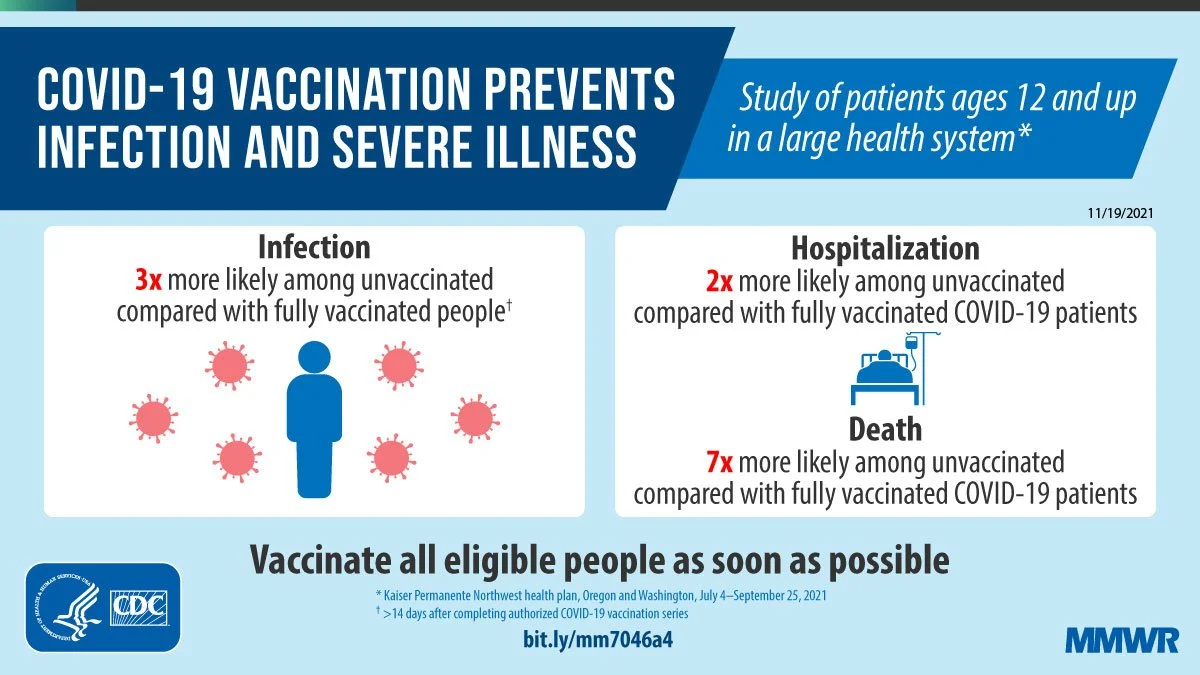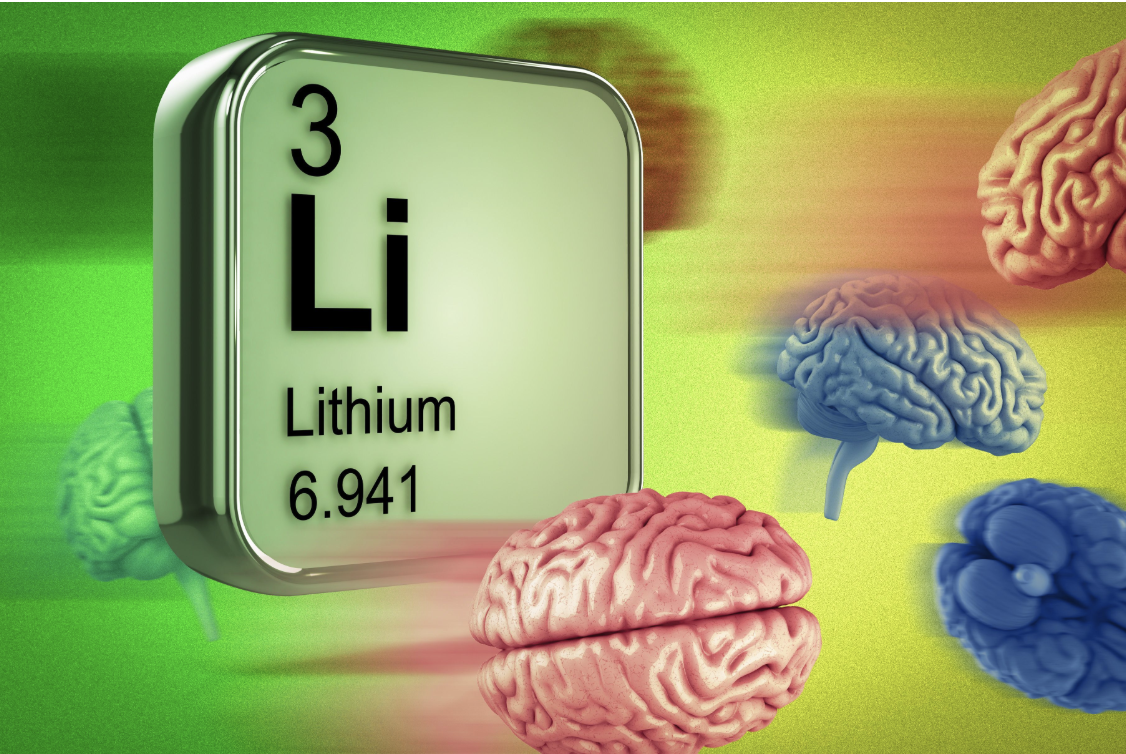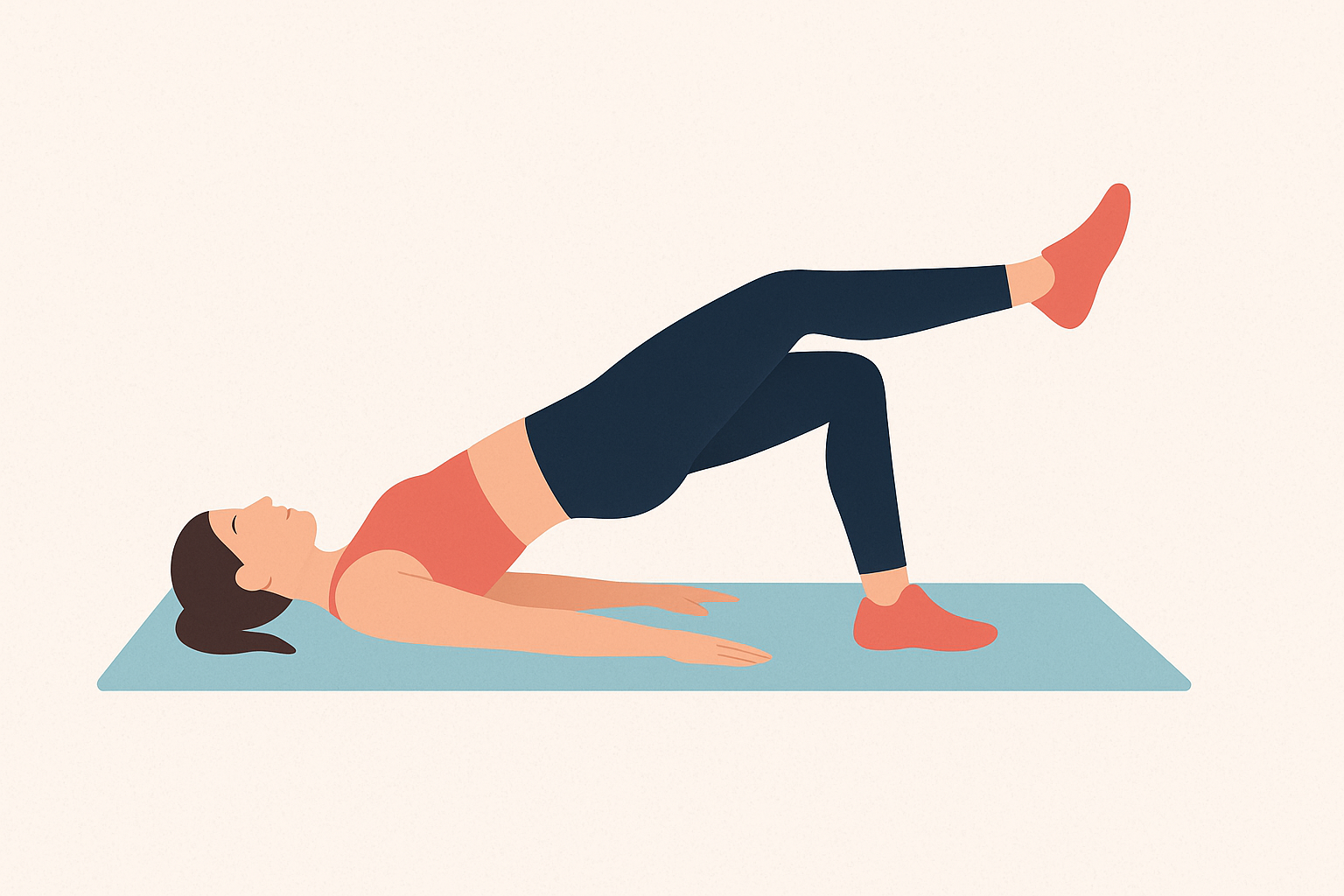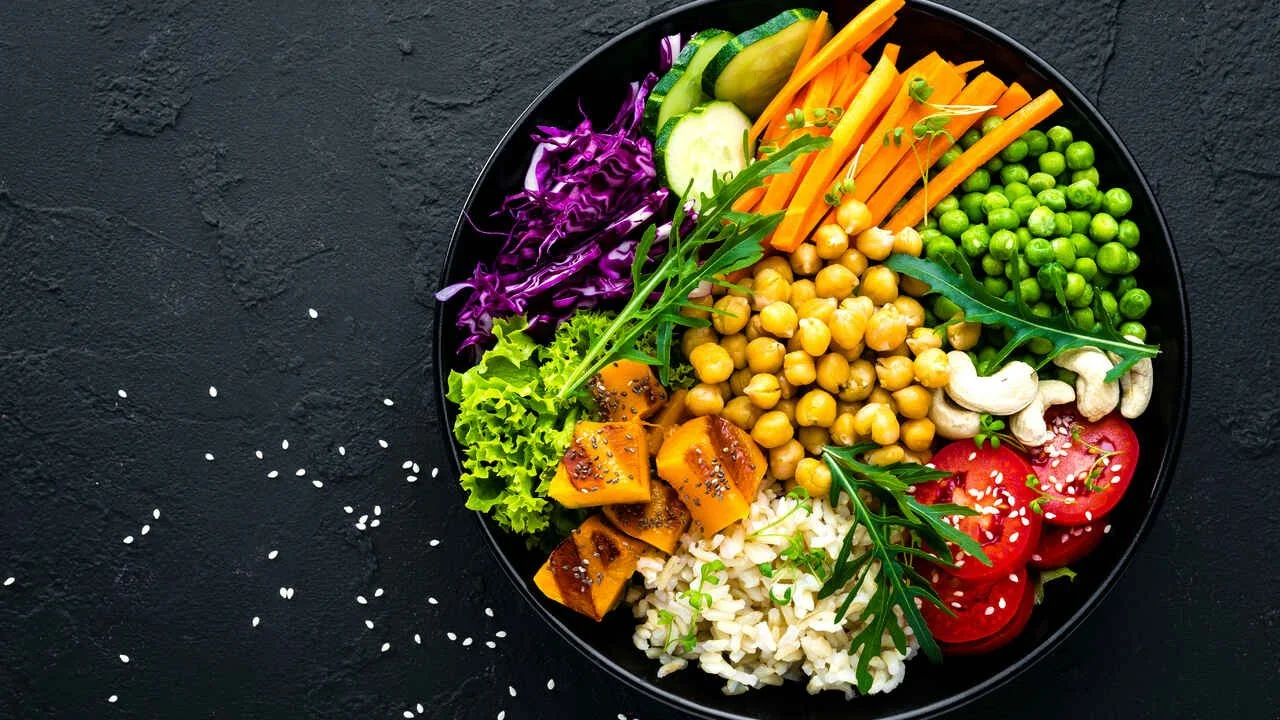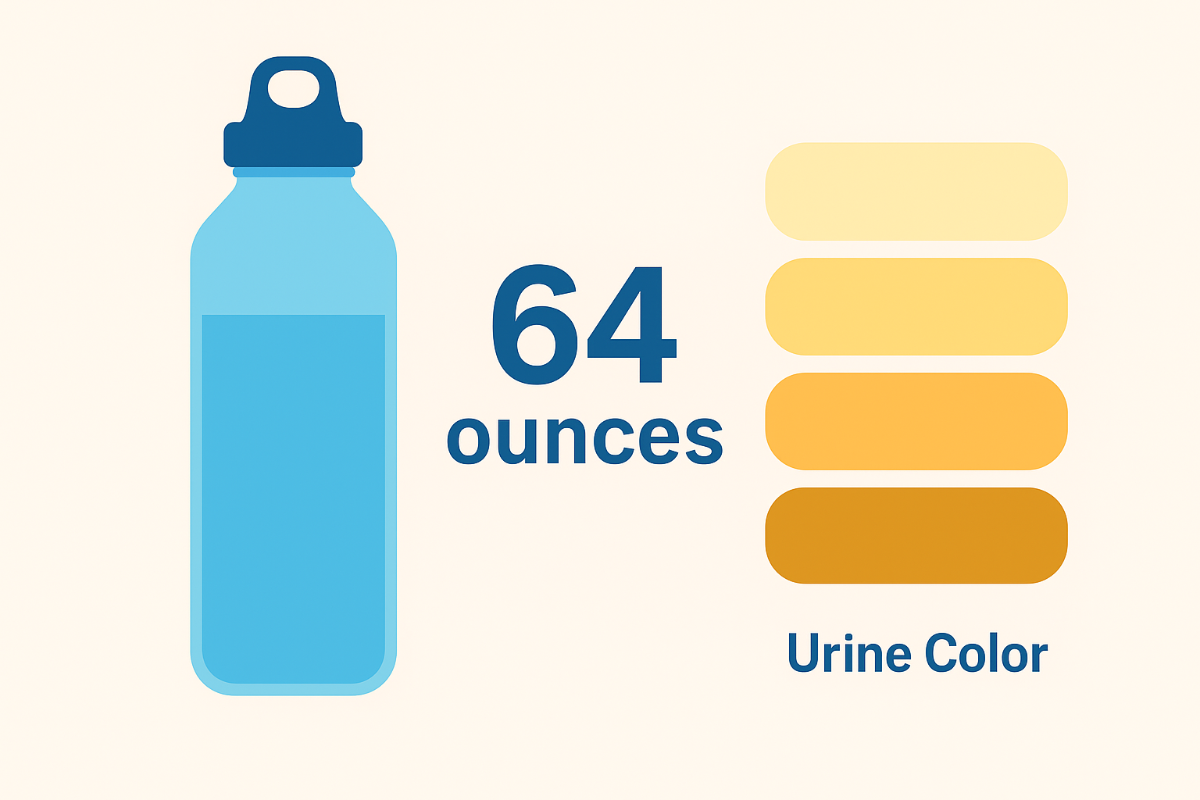September 2025
2025 Vaccine Update
Right now in Georgia, pharmacies are beginning to receive the updated COVID-19 vaccine—but most locations are not expected to be fully stocked until sometime next week, and some are currently requiring a prescription to administer the shot. Kroger plans on being able to offer without a need for a prescription to anyone 12 years or older. CVS has yet to order vaccines.
Dr. Neuman says: "I continue to recommend the vaccine for the general population, especially for individuals with weakened immune, nervous, pulmonary, or cardiac systems, as the protection it offers against severe disease remains important. I'll be getting mine mid-September. Let me know if you’d like help arranging a prescription or finding the right place to go once supplies are more widely available."
Sugar-Sweetened Beverages and Dementia
A study examined whether drinking sugary or artificially sweetened beverages increases the risk of developing dementia. Researchers found no significant link between the consumption of either type of drink and dementia onset in older adults 75+. They did, however, find an association between sugar-sweetened beverages (not artificially sweetened) and risk of developing dementia in younger people who drank two or more sugar-sweetened beverages daily.
Dr. Neuman says, "If someone finds a time machine, please tell 12-year-old me to put down the root beer. This study has survivorship bias, as they counted older adults as 75 and older, and those who may not have been able to participate due to already severe dementia may have different data."
Lithium Orotate For Prevention of Alzheimer's Disease?
A groundbreaking study published in Nature this month discovered that naturally occurring lithium in the brain is significantly reduced in individuals with mild cognitive impairment and Alzheimer’s disease—a change not seen with other metals. In both human brain tissue and mouse models, lithium loss was shown to accelerate cognitive decline.
Mice with lithium deficiency in their diets experienced more rapid neurodegeneration, while those treated with a form of lithium called lithium orotate (chosen because it evades amyloid binding) showed reduced brain pathology and preserved memory.
Although more research, especially human clinical trials, is needed, lithium orotate through food or supplementation emerges as a promising candidate. Lithium-rich foods include leafy greens, nuts and seeds, fruit, and whole grains.
Dr. Neuman says: "Get ready to see a lot of advertising about lithium orotate supplements. It's too early to say they will for sure help and how much it will. I still may take 5-10 mg daily."
Preventing Running Overuse Injuries
A study of 867 runners preparing for the 2019 New York City Marathon found that 36.1% experienced overuse injuries during training.
Participants who could hold a single-leg glute bridge on their weaker side for 20–29 seconds had a 64% lower risk of injury compared to those able to hold only 0–9 seconds.
These findings suggest that better hip and glute strength is linked to fewer training-related injuries among distance runners.
Plant-Based Diets and Cancer Risk
A new study found that vegetarians and vegans from the Adventist community in Loma Linda, California, had a 12% lower overall risk of cancer compared to non-vegetarians. Vegans in particular showed the greatest benefit, with a 24% lower risk. These diets lowered risks for colorectal, stomach, and some blood cancers. All types of vegetarians (vegan, lacto-ovo, pesco) had some reduction in risk.
Eating more plants and fewer animal products may help reduce cancer risk. Even small changes—like adding more vegetables, beans, and whole grains to your meals—can make a difference.
Dr. Neuman says: "This is from a very specific population. It is hard to generalize this data, but the intervention seems low risk. Lifestyle matters too—vegetarians often exercise more and drink/smoke less, which may also contribute to the benefits."
Are You Getting Enough Water?
We've had quite a few folks who come in for fatigue, cramping, brain fog, and irritability who ended up only needing more water.
Water is one of the simplest and most powerful tools for feeling well. Even mild dehydration can cause fatigue, muscle cramps, headaches, dizziness, or difficulty concentrating.
But how do you know if you’re running low?
Dry Mouth or Mucous Membranes: If your lips, tongue, or the inside of your cheeks feel dry or sticky, it can signal low fluid levels.
Urine Color: Pale yellow usually means you’re well hydrated. Dark yellow or amber suggests you need more fluids.
Skin Tenting: Gently pinch the skin on the back of your hand. If it doesn’t snap back quickly, you may be dehydrated. You may need to experiment with this to know your normal skin elasticity levels.
Dip Stick: Dr. Neuman can show you how to interpret this quick and easy test for how hydrated the urine is. Available over-the-counter.
How Much Should You Drink?
A good general target for adults is about 64 ounces (8 cups) of water a day, though individual needs vary with activity, climate, and health conditions. The key is to spread your fluids out during the day instead of drinking them all at once. This helps your body absorb water more effectively and keeps you feeling steady.
Tips for Staying Hydrated:
Start your morning with a glass of water before coffee or tea.
Keep a refillable water bottle with you throughout the day.
Pair drinking water with regular activities (for example, a glass with each meal).
Choose water over sugary drinks when possible.
Eat hydrating foods like cucumbers, oranges, or melons.
A Note on Nighttime Hydration:
It’s best to front-load your water intake earlier in the day. Drinking too much right before bed often leads to waking up during the night to use the bathroom, which can interfere with sleep. Aim for steady hydration during the day, and slow down in the evening.
Dr. Neuman says: "I use a water bottle at home that has tick marks on it to tell me by what time I should drink what amount."


